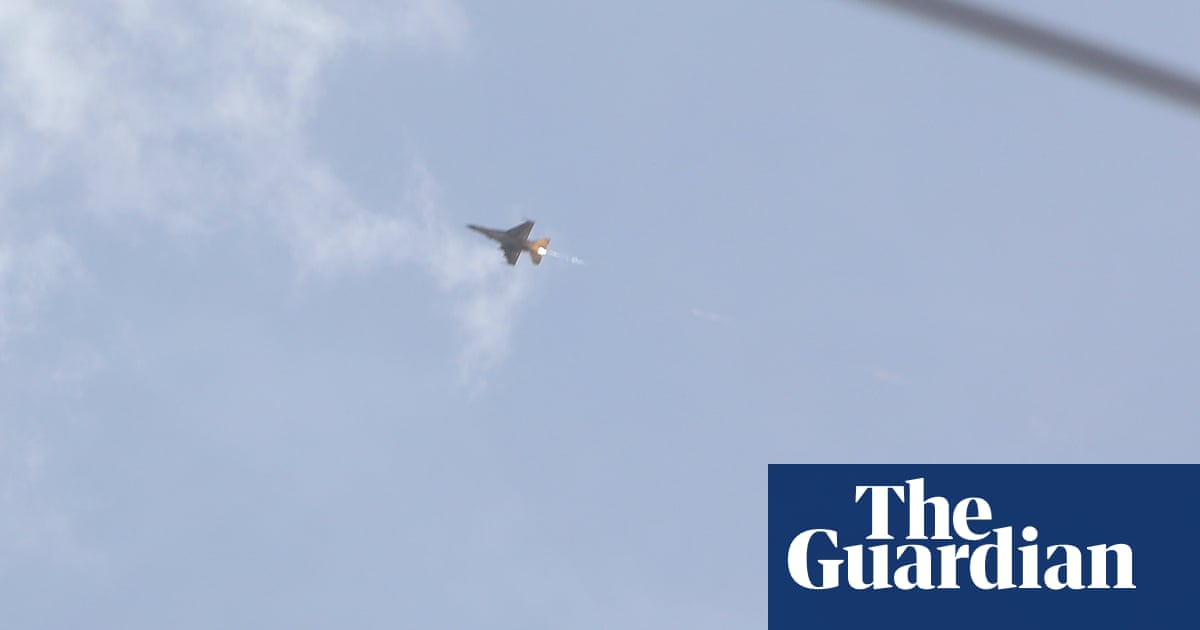Israel attacked a target near the presidential palace in the Syrian capital, Damascus, Israeli prime minister Benjamin Netanyahu said early on Friday, reiterating his vow to protect members of the Druze community.
It marks the second time Israel has struck Syria in as many days, following through on a promise to defend the minority group, which was involved insectarian violenceagainst Sunni gunmen earlier this week.
The Druze adhere to a faith that is an offshoot of Islam and have followers inSyria, Lebanon and Israel.
The strikes reflect Israel’s deep mistrust of the Sunni Islamists who toppled Bashar al-Assad in December, posing a further challenge to interim president Ahmed al-Sharaa’s efforts to establish control over the fractured nation.
“Israel struck last night near the presidential palace in Damascus,” Netanyahu said in a joint statement with defence minister Israel Katz. “This is a clear message to the Syrian regime: We will not allow [Syrian] forces to deploy south of Damascus or any threat to the Druze community.”
The Israeli military said in a statement it struck “adjacent to the area of the Palace of Ahmed Hussein al-Sharaa in Damascus”, without specifying the target. There was no immediate comment from Syria’s authorities.
Since Assad was ousted in December, Israel has seized ground in the south-west, vowed to protect the Druze, lobbied Washington to keep the neighbouring state weak, and has blown up much of the Syrian army’s heavy weapons in the days after he was toppled.
Sharaa, who was an al-Qaida commander before renouncing ties to the group in 2016, has repeatedly vowed to govern Syria in an inclusive way. But incidents of sectarian violence, including the killing of hundreds of Alawites in March, have hardened fears among minority groups about the now dominant Islamists.
This week’s sectarian violence began on Tuesday with clashes between Druze and Sunni gunmen in the predominantly Druze area of Jaramana, sparked by a voice recording cursing the Prophet Mohammad and which the Sunni militants suspected was made by a Druze.
More than a dozen people were reported killed on Tuesday, before the violence spread to the mainly Druze town of Sahnaya on Damascus’ outskirts on Wednesday.
